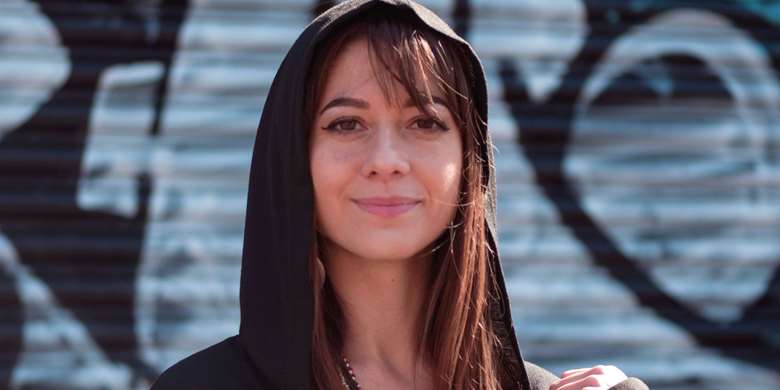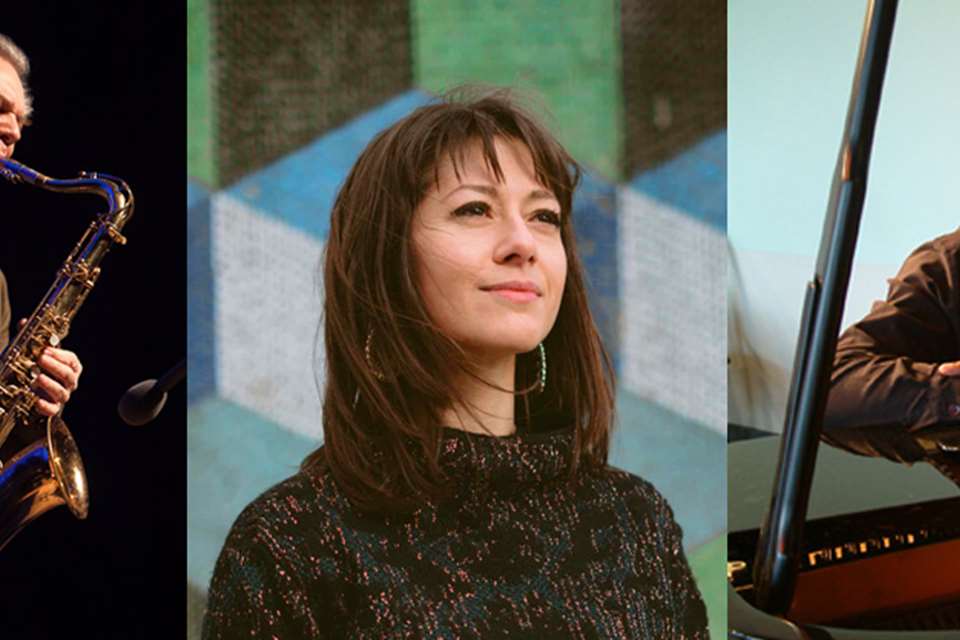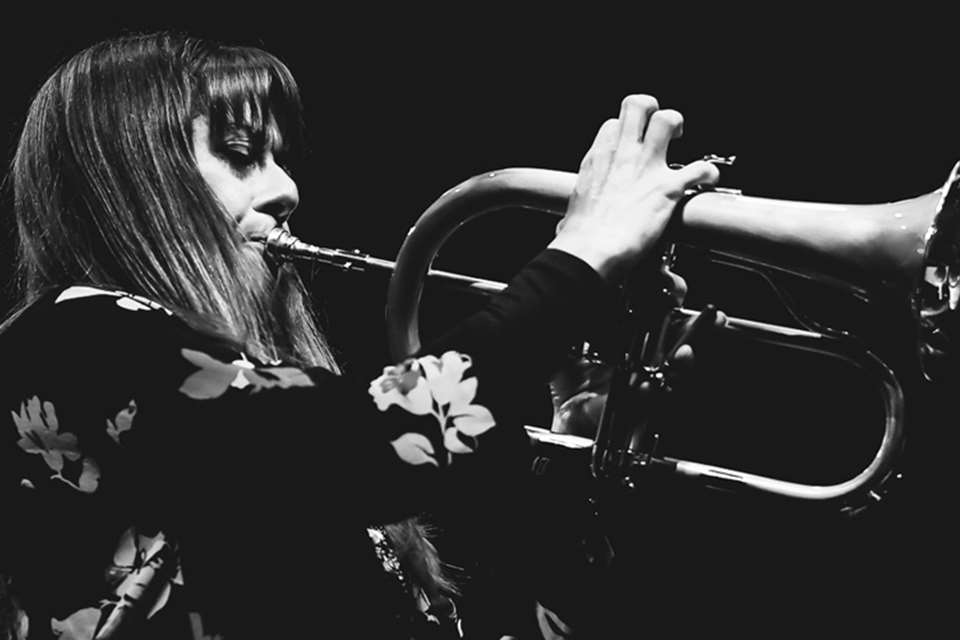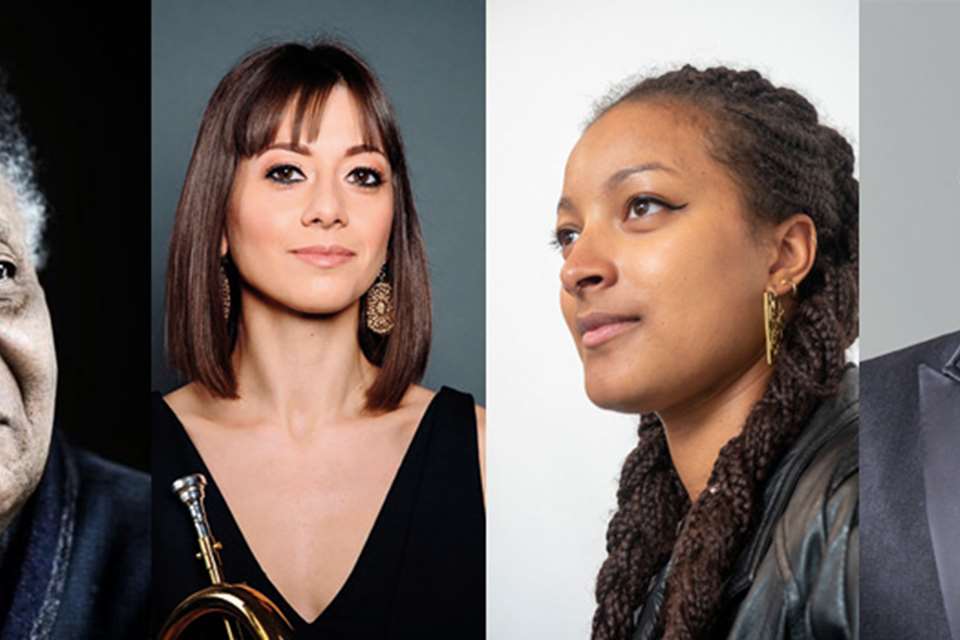Yazz Ahmed interview: “Music has helped me identify who I am”
Tuesday, November 19, 2019
For adventurous trumpeter Yazz Ahmed music was the key to unlocking her identity as a half Bahraini, half English girl growing up in suburban South London. She’s since forged a sonically-distinctive style, shaped as much by her work with Radiohead and These New Puritans as her own eclectic instincts. Here she speaks with Andy Robson about investigating her ethnic roots to challenge the strictures of genre and her new work, Polyhymnia, inspired by the courage of extraordinary women


Register now to continue reading

Thank you for visiting Jazzwise.co.uk. Sign up for a free account today to enjoy the following benefits:
- Free access to 3 subscriber-only articles per month
- Unlimited access to our news, live reviews and artist pages
- Free email newsletter


